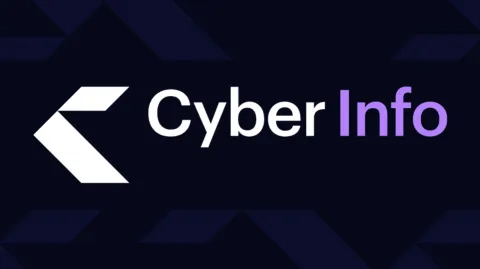SSL stripping and detecting a possible malware infection
Hey folks, can someone with cyber security skills assist me with something?
I rented a bedroom where the wifi was managed by the landlord and I believe he was ssl stripping everyone (my https certs were downgraded), and he knows alot of things he shouldn't, is there anyone that can help me test if my Android or pc is compromised?
I moved out a few months ago however
I am concerned he may have names and passwords to get into things like discord, my bank account and the like.
I rented a bedroom where the wifi was managed by the landlord and I believe he was ssl stripping everyone (my https certs were downgraded), and he knows alot of things he shouldn't, is there anyone that can help me test if my Android or pc is compromised?
I moved out a few months ago however
I am concerned he may have names and passwords to get into things like discord, my bank account and the like.
